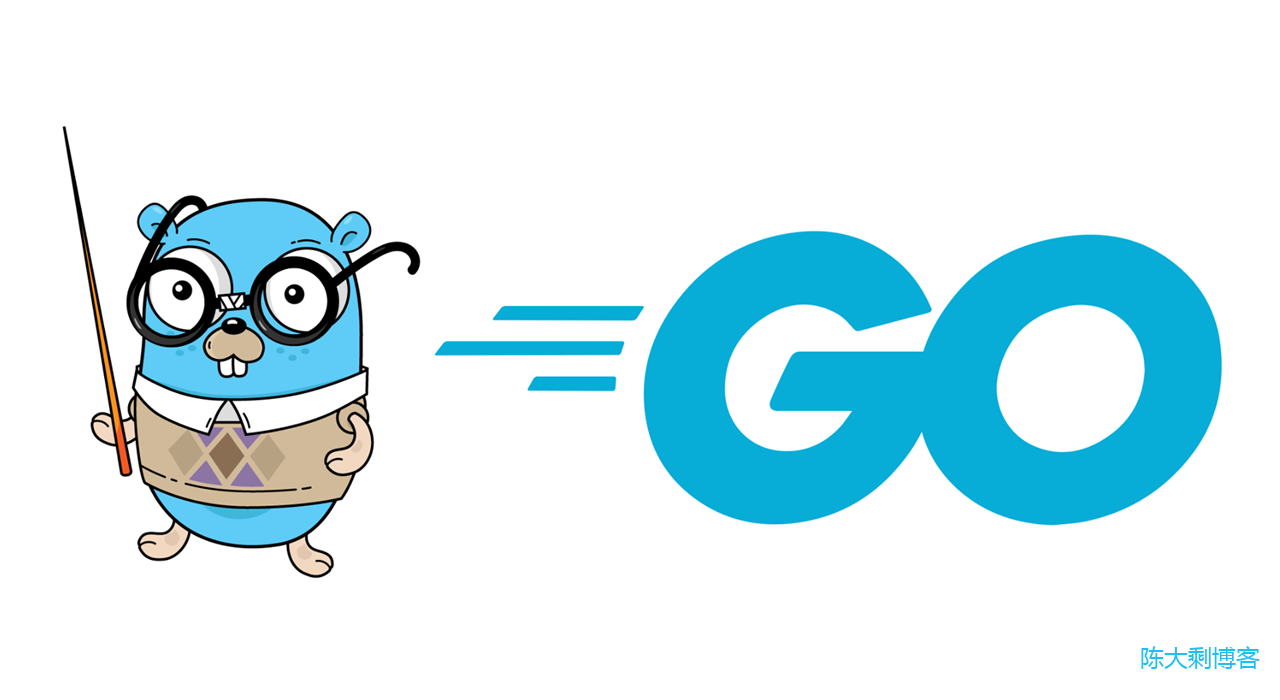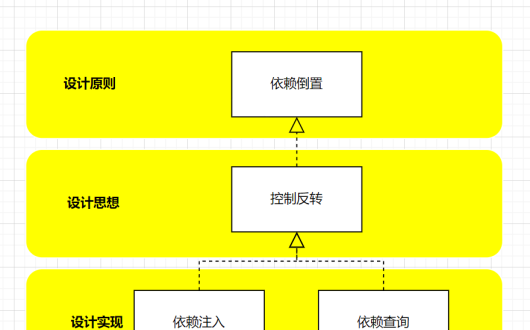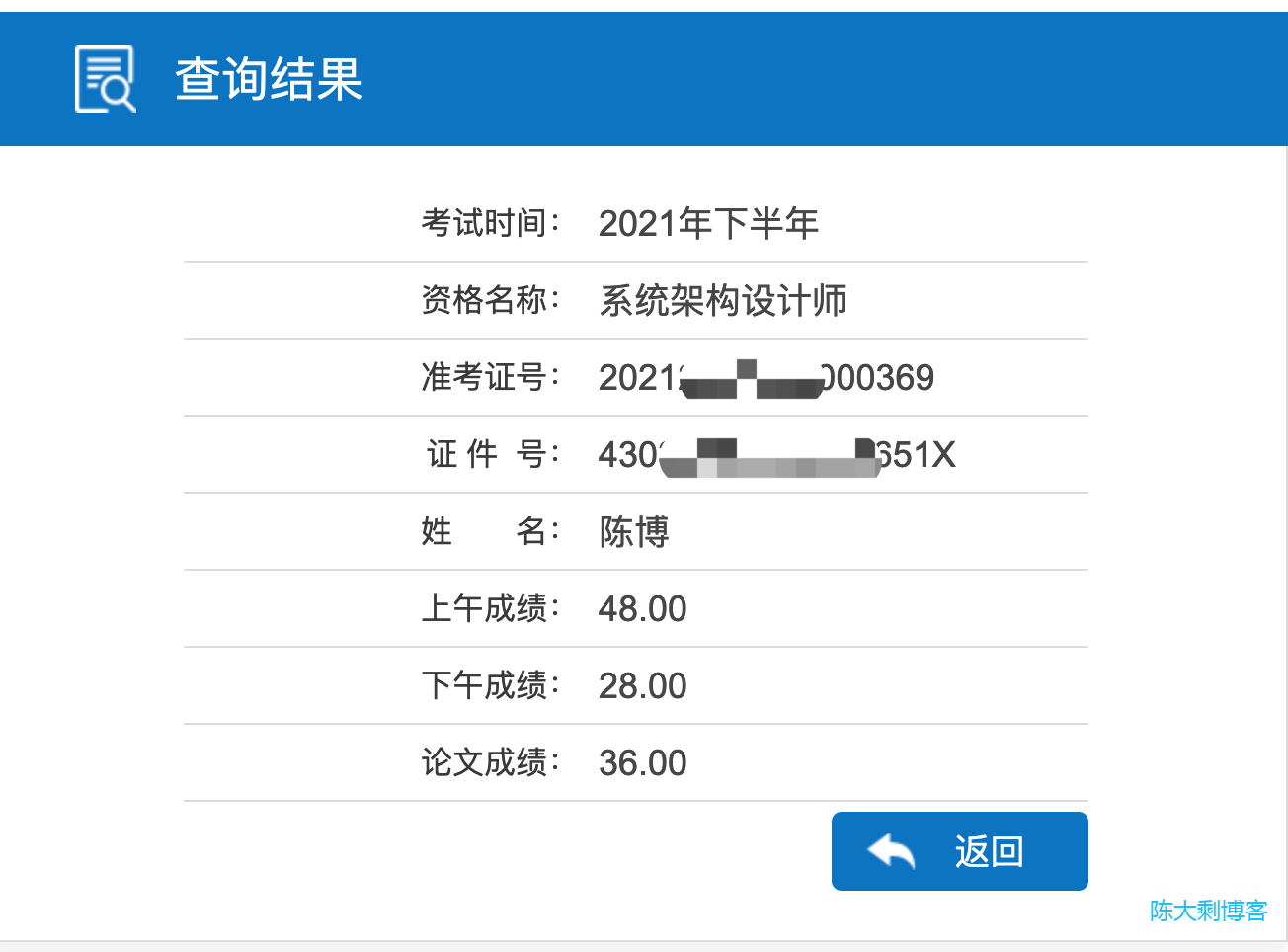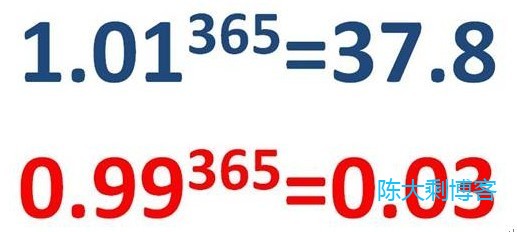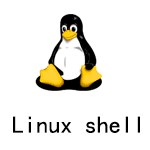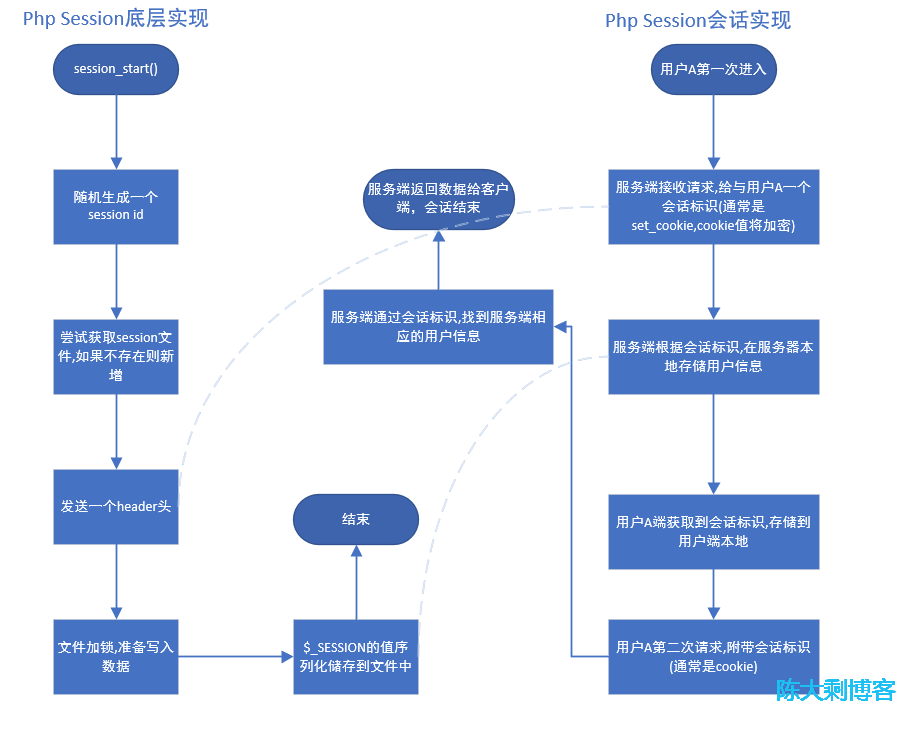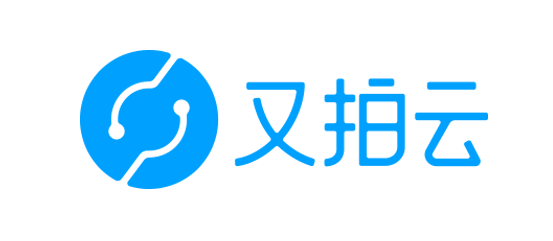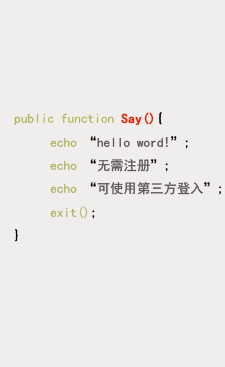C语言实现链栈相关操作
- 陈大剩
- 2021-02-07 22:36:38
- 4355
栈(stack)又名堆栈,它是一种运算受限的线性表。限定仅在表尾进行插入和删除操作的线性表。这一端被称为栈顶,相对地,把另一端称为栈底。向一个栈插入新元素又称作进栈、入栈或压栈,它是把新元素放到栈顶元素的上面,使之成为新的栈顶元素;从一个栈删除元素又称作出栈或退栈,它是把栈顶元素删除掉,使其相邻的元素成为新的栈顶元素。
#include <stdio.h>
#include <stdlib.h>
#include <stdbool.h>
typedef struct {
int data;
struct Stack *next;
} Stack;
/**
* 初始化链表
* @param S
*/
void InitList(Stack **S) {
//申请头节点
Stack *p = (Stack *) malloc(sizeof(Stack));
if (p == NULL) {
printf("%s函数执行,申请内存失败\n", __FUNCTION__);
}
*S = p;
};
/**
* 获取输入值
* @param list
*/
void GetInput(Stack *list) {
Stack *temp = list;
printf("请输入值\n");
temp->next = NULL;
scanf("%d", &temp->data);
}
/**
* 创建节点
* @param list
*/
void CreateNode(Stack **list) {
Stack *temp = (Stack *) malloc(sizeof(Stack));
if (temp == NULL) {
printf("%s函数执行,申请内存失败\n", __FUNCTION__);
}
GetInput(temp);
*list = temp;
}
/**
* 入栈
* @param S
* @return
*/
_Bool Push(Stack *S) {
Stack *temp = NULL;
CreateNode(&temp);
temp->next = S->next;
S->next = temp;
return true;
}
/**
* 出栈
* @param S
* @return
*/
_Bool Pop(Stack *S) {
if (S->next == NULL) {
printf("空栈 \n");
return false;
}
Stack *temp = NULL;
temp = S->next;
S->next = temp->next;
free(temp);
return true;
}
/**
* 获取栈顶元素
* @param S
* @return
*/
_Bool GetTop(Stack *S) {
if (S->next == NULL) {
printf("空栈 \n");
return false;
}
Stack *temp = NULL;
temp = S->next;
printf("栈顶的值为:%d \n", temp->data);
return true;
}
/**
* 打印栈内所有内容
* @param list
*/
void PrintList(Stack *list) {
Stack *temp = list;
if (temp == NULL) {
printf("%s函数执行,链表为空\n", __FUNCTION__);
} else {
while (temp->next) {
temp = temp->next;
printf("栈内元素的值为:%d \n", temp->data);
}
}
putchar('\n');
}
int main() {
Stack *s;
InitList(&s);
Push(s);
Push(s);
PrintList(s);
GetTop(s);
Pop(s);
Pop(s);
GetTop(s);
Pop(s);
return 0;
}
赞
(1)
